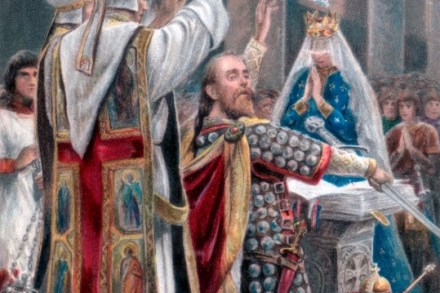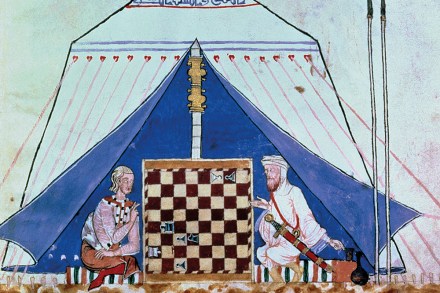The radical message of Christianity
A meeting planned in secret. A message deemed subversive. The authorities both antagonised and confused. The gatherings of the early Church in the time of the Roman Empire? Or Tommy Robinson’s proposed carol concert at an as yet undisclosed London location, proclaimed as the event to put ‘Christ back into Christmas’? To draw even the most strained comparison between the two would seem to offend most mainstream sensibilities. Established churches across the country have reacted with horror and disdain at the former football hooligan and recent prison inmate claiming to be Christianity’s champion this Christmas. Recall the example of Jesus, whose love was not rationed and whose message was for




















